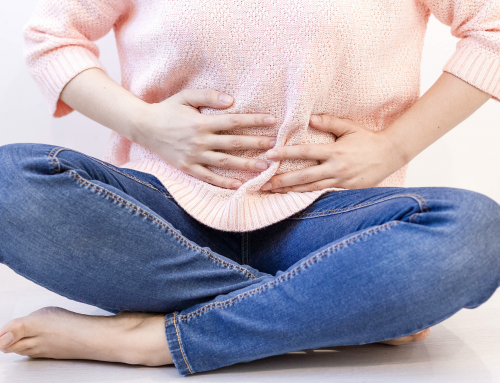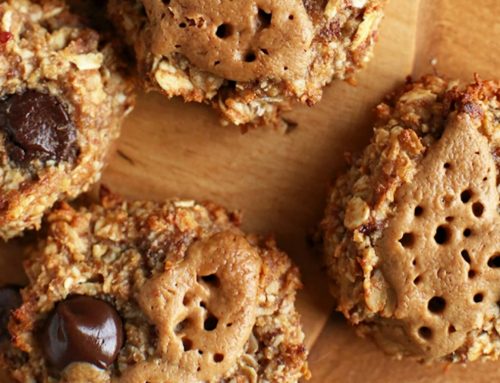[vc_row row_height_percent=”0″ override_padding=”yes” h_padding=”0″ top_padding=”3″ bottom_padding=”2″ overlay_alpha=”50″ gutter_size=”3″ shift_y=”0″][vc_column width=”1/1″][vc_column_text]
There are a few reasons why your period might be lighter or heavier, than your girlfriends’. Some are more hardwired, like pain tolerance, whilst others are attributed to lifestyle. Here’s how your diet, exercise & weight may be causing you pain during your monthly visit.
[/vc_column_text][/vc_column][/vc_row][vc_row row_height_percent=”0″ override_padding=”yes” h_padding=”0″ top_padding=”2″ bottom_padding=”2″ overlay_alpha=”50″ gutter_size=”3″ shift_y=”0″][vc_column width=”1/1″][vc_column_text]1.DIET
It should be no surprise that diet affects your menstrual cycle, a poor diet can even make your period irregular, especially a diet that is high in saturated fats. On the other hand, according to a study published in the June 2013 issue of “Complementary Therapies in Medicine,” a diet high in omega-3 fats (fish, nuts, seeds) will decrease the intensity of anxiety, depression, headaches, bloating and nervousness. Your diet has a huge impact on your hormones; a balanced diet equates to hormonal balance and in turn less severe symptoms.
2.EXERCISE
It’s not uncommon for extreme athletes to lose their periods completely (amenorrhea). Extreme exercise puts too much stress on your hormones, causing them to produce irregularly. This is nature’s way of avoiding pregnancy when the body is overly stressed. Of course, light exercise during menstruation eases cramps and produces endorphins, which are great when Aunt Flo is getting you down.
3.WEIGHT
Again, weight affects your hormone production. If you are overweight your hormones are completely out of whack. The science, according to Everyday Health goes that, cholesterol compounds in fat cells can transform into a weak oestrogen called oestrone. Too much oestrone causes menstrual disorders, for example a woman can go months without ovulating but the uterine lining is still accumulating, to the point that it becomes too much. Eventually the lining lets go and the woman will experience prolonged bleeding or very heavy bleeding.
4.SOMETHING MORE SERIOUS
If none of these factors apply to you, something more serous might be going on, including a metabolic syndrome like polycystic ovarian syndrome, which can cause irregular, prolonged or excessive periods. Fibroids (abnormal growths on the uterus) can also cause heavy or painful periods. It’s best to check with your GP or gynaecologist.[/vc_column_text][/vc_column][/vc_row]







Leave A Comment